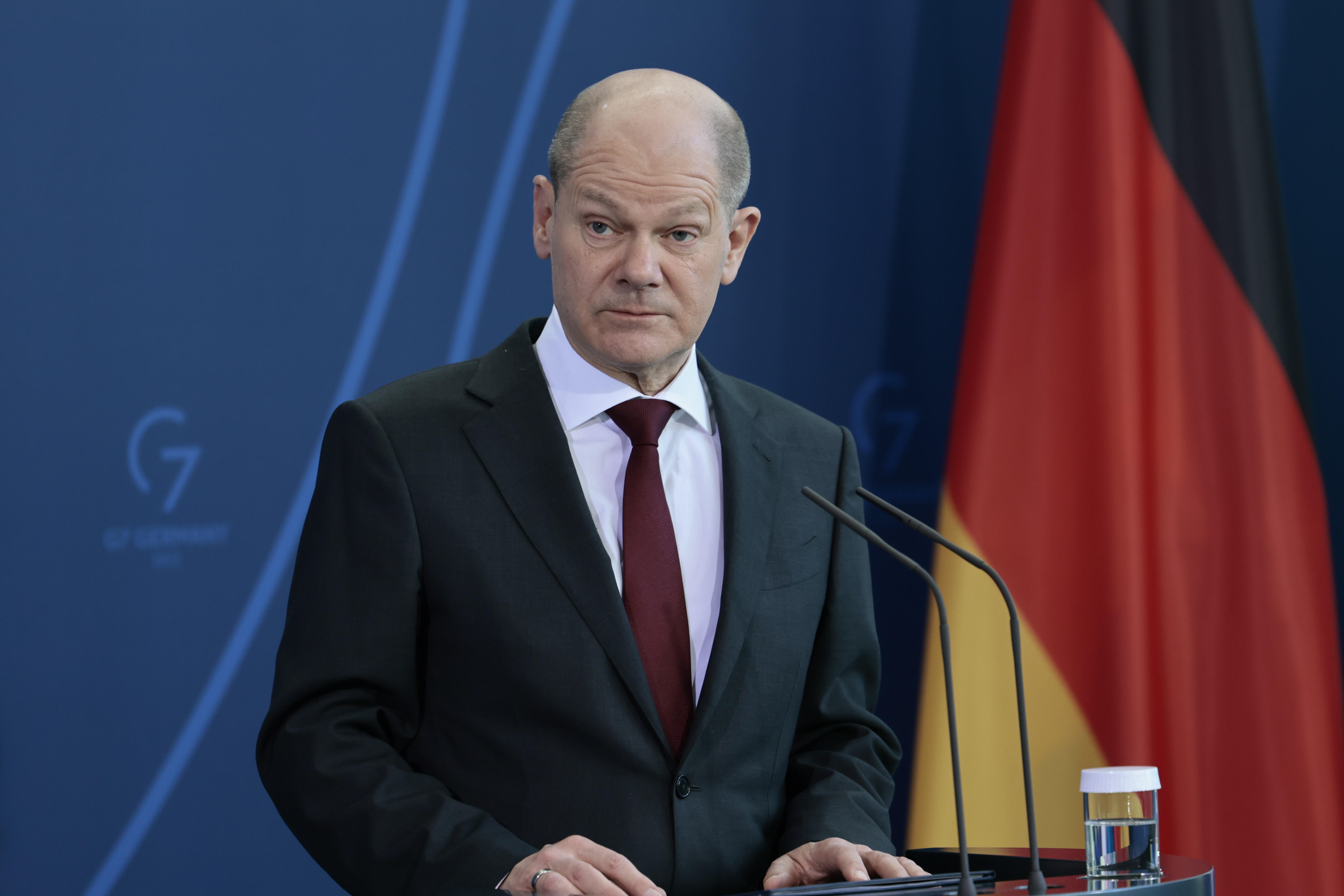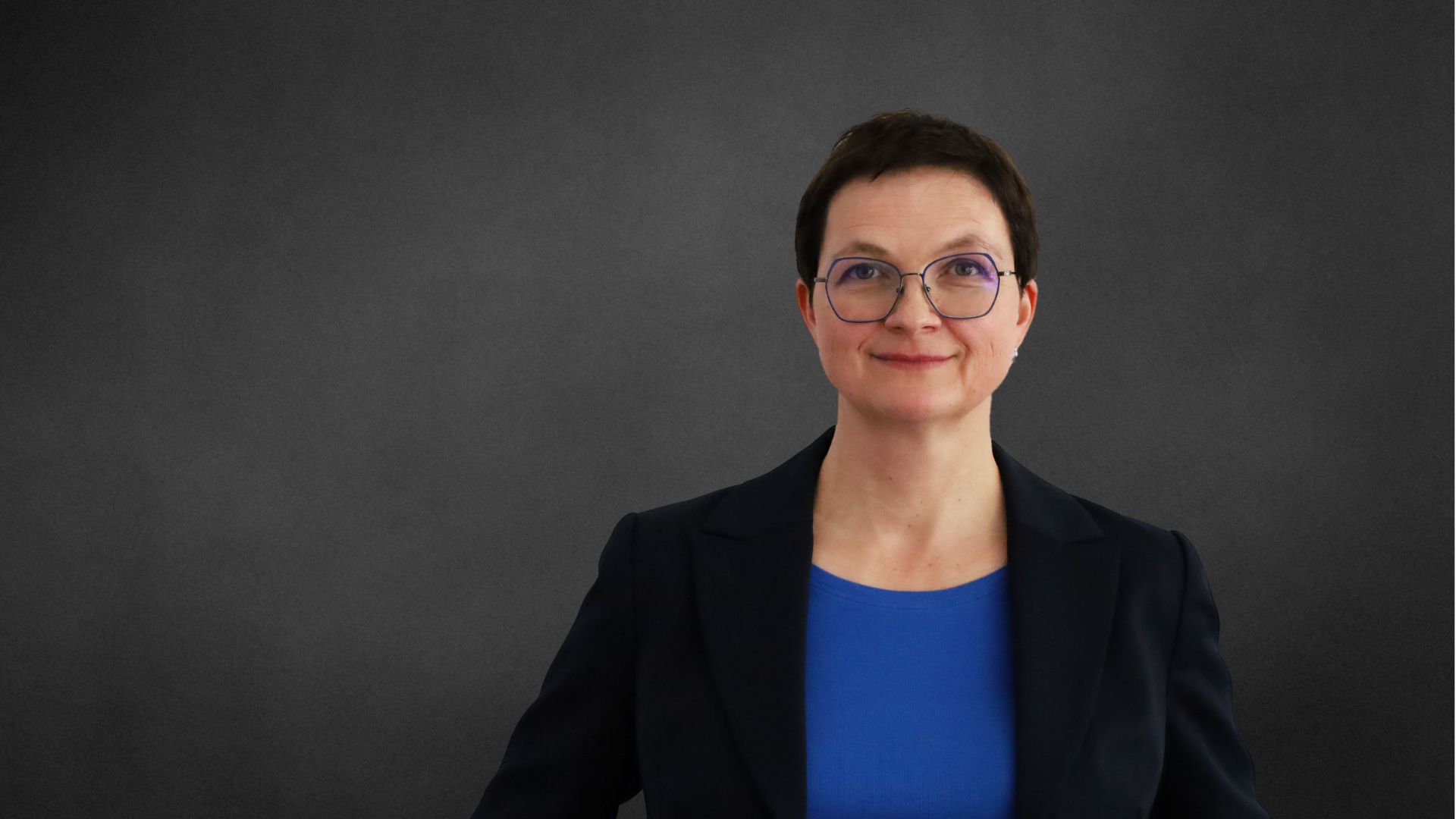Germany's Policy Turn on Russia
In response to Russia’s invasion of Ukraine, Germany initiated major changes in its approach to Russia, both in security and defence policy and in energy policy. At an extraordinary session of the Bundestag on Sunday (27 February), the German Chancellor announced a five-point plan in response to the historic “turning point” marked by what he called “Putin’s war”: (1) continuing political, financial, economic, and humanitarian support for Ukraine and examining the possibility of further supporting it with military equipment, (2) sanctions, (3) fulfilling alliance commitments, (4) investing in security, and (5) ensuring the energy supply.
 Fot. Hannibal Hanschke/ddp images/Forum
Fot. Hannibal Hanschke/ddp images/Forum
What were the reasons for the shift in German policy?
The policy reorientation following the fundamental change in the security situation in Europe is the result of a number of factors. Foremost, criticism has intensified about the ineffectiveness of the previous approach to Russia and the deficits in security and defence policy. Furthermore, there is deep disappointment with the Kremlin’s attitude to diplomatic efforts and indignation at the scale of violations of international law. The German government was also confronted with growing pressure from allies, especially regarding the question of SWIFT in the sanctions package. Finally, an important role was played by the resistance put up by Ukrainians against the aggressor, which made it difficult to justify the maintenance of the blockade on weapons deliveries.
The declared change in course must withstand the pressure of the consequences of the war for the German economy, including uncertainty and turbulence on the financial markets, rising raw material prices, disruptions to supply chains, worsening growth conditions, and the expected inflationary effects. The social and economic costs of the sanctions imposed so far on Russia will also be a challenge, but government representatives are now stressing their readiness to bear them in order to protect peace, freedom, and democracy. The prospects for this policy change depend also on whether the close coordination of actions between Western countries continues. It should also be expected that the Russian regime will intensify its disinformation and propaganda targeting the German public.
How is Germany reviewing its stance on Russia?
Germany strongly condemned the Russian aggression and declared its full solidarity with Ukraine. It called on the Kremlin to stop the attack and to withdraw its troops, to cancel its recognition of the separatist republics, which is contrary to international law, and to restore the territorial integrity of Ukraine, including Crimea. It condemned Russia’s disinformation activities and cyberattacks. At the same time, the Germans prefer talks with Russia, but have made them conditional on a readiness for dialogue on the other side. They also recognise the importance of deterrence, which could lead to increased engagement on NATO’s Eastern Flank. The Bundestag called for consideration of this historic turning point of the attack on Ukraine in NATO’s Strategic Concept and the EU’s Strategic Compass. Lifting the ban on deliveries of weapons to Ukraine was justified on the grounds of solidarity with those attacked, but also expressed opposition to Russian actions.
The German political, economic, and financial isolation of Russia was announced. In light of the resolution adopted by the Bundestag on 27 February, substantial cooperation will only be possible when the Russian authorities begin to respect international law and ensure the territorial integrity and inviolability of its neighbours borders. Germany is clearly differentiating between its negative assessment of the regime’s aggressive policy and its attitude to Russian society.
How does Germany intend to strengthen its defence capabilities?
Even before the Russian invasion of Ukraine, the topic of underinvestment in the armed forces resurfaced in the German debate. The need to change the present course was also signalled by politicians from the ruling coalition. Chancellor Olaf Scholz raised the issue of ensuring the military’s capabilities in his 19 February speech at the Munich Security Conference. In a government statement to the Bundestag, he presented a plan to increase investments in Germany’s security. Scholz announced the establishment of a special fund of €100 billion to strengthen the Bundeswehr’s ability to fulfil its obligations towards its allies. This instrument—which will be financed through debt and operate in parallel to the federal budget—is intended to ensure flexibility in the allocation of funds while allowing the government to comply with the constitutional debt brake. For legal reasons, this special fund should be included in the constitution, which will require the cooperation of the opposition and the federal states.
With the funding, it will be possible for the Chancellor to fulfil his declaration that defence spending will reach the Alliance target of 2% of GDP (currently it is around 1.5% and was facing a reduction). At the same time, the government’s intentions to improve Germany’s military capabilities were made more specific: the provision of aircraft for nuclear sharing, joint projects for a combat jet and tank in cooperation with France as a priority, and the purchase of armed drones. The increase in defence spending is to be accompanied by investment in development cooperation.
It is not certain whether the coalition partners will be ready to fully accept the government’s new line on a permanent basis. However, the Chancellor can count on far-reaching support from the CDU/CSU in this regard. Nevertheless, a potential point of contention is the coalition’s tactic of seeking to secure funding for the modernisation of the army without making savings in other areas, particularly important to the electorates of the SPD and the Greens.
What will change in Germany’s energy policy?
The issue of securing energy supplies is increasingly perceived in Germany as a matter of national security, which was reflected in the suspension of the certification for the Nord Stream 2 gas pipeline. The previously widely held claim that Russia was a reliable energy supplier was undermined. At the same time, the fear of losing this source of fuel and raw materials influenced Germany’s conservative stance when agreeing the package of sanctions.
Recognising the negative effects of dependence on Russia, Germany intends to reduce fuel imports from this country. This is to be achieved, in particular, through the construction of two LNG terminals, in Brunsbüttel and Wilhelmshaven, which would in future be used to receive hydrogen. The approach based on the dominance of market mechanisms in the energy sphere is also changing. Now, a coal and gas reserve is planned. There is considerable concern about the costs associated with the needed diversification, both for the economy and for individual consumers. Ambitions for an accelerated phase-out of coal may be revised. At the heart of the German strategy, however, remains the desire for a rapid expansion of renewable power, now called “energy of freedom” by the finance minister, Christian Lindner (FDP).


